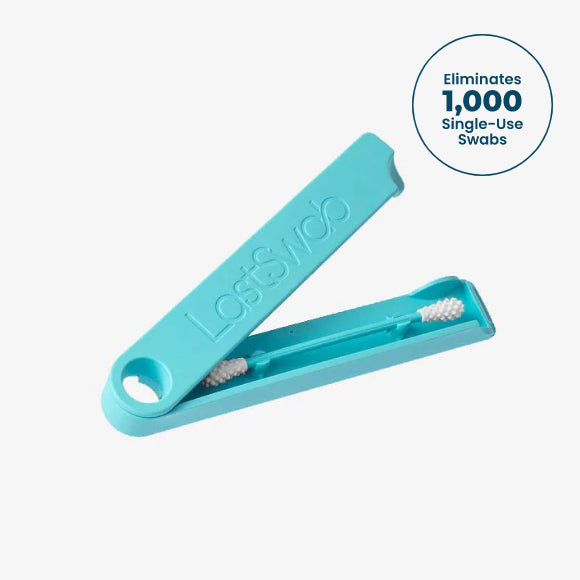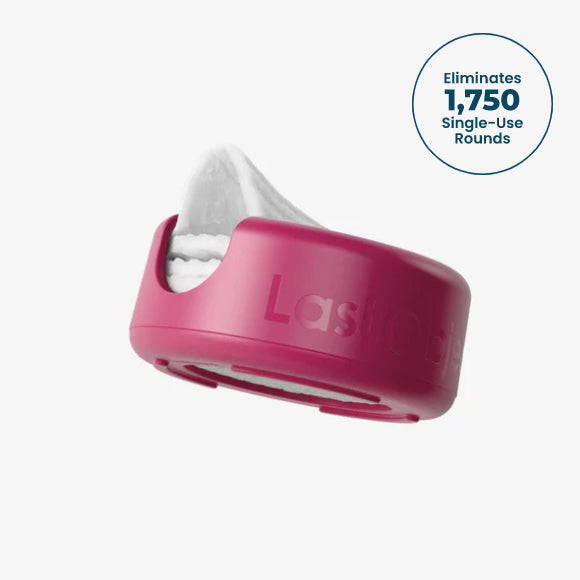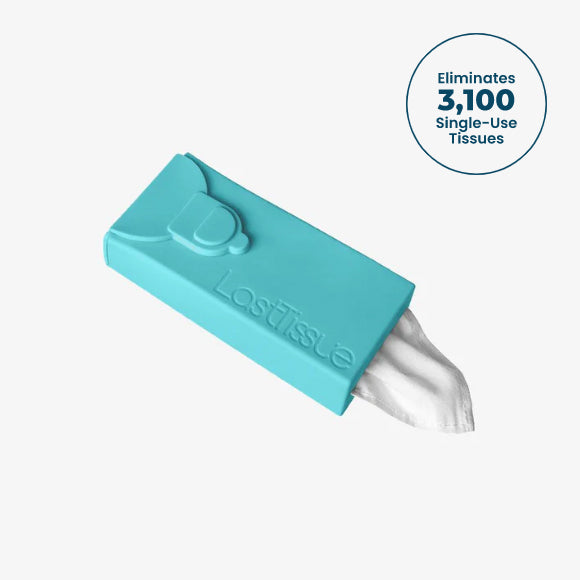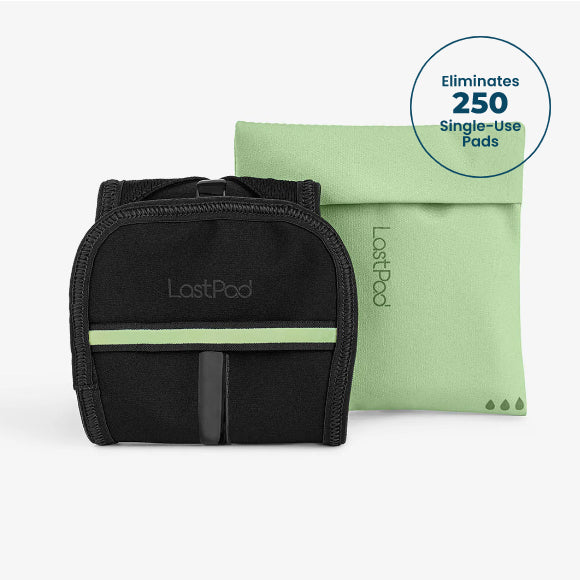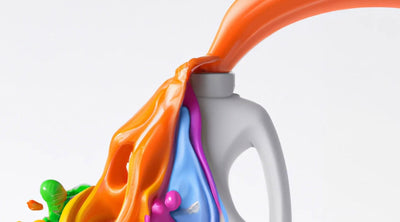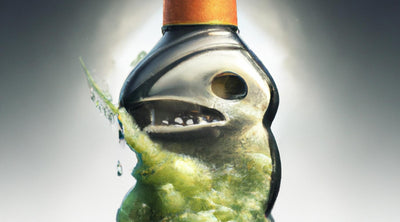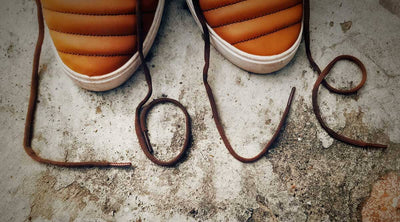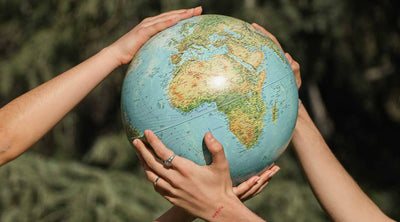Is Recycling Worth It?
January 20, 2021Recycling has become one of the main methods used by people who want to live greener lives. It’s popular across the world, and is supported by both governments and private companies. However, the full extent to which it benefits the environment remains unclear to many. This raises the question: is recycling worth it?
To help clear the air, the following post explores the pros and cons of recycling.
What Good Does Recycling Do?
The good news for those who have been long committed to recycling is that you have not been wasting your time. Recycling can and does provide many benefits to the world. It’s one of the easier ways for people to live more sustainable lives. Pollution is reduced and fresh resources are also protected as a direct result.
However, there are a couple of provisos that come along with this good news. Firstly, you need to pay attention to what you’re recycling. Not only is it more beneficial to recycle certain items than others, many materials can’t be recycled at all. In particular, many plastic products are impossible to recycle.
Indeed, many single-use plastic items fall into this category. If sent to a recycling centre, these products then need to be removed and taken to a landfill. This results in more pollution due to the additional transportation required.
Secondly, recycling needs to be thought of as one tool amongst many in the struggle to save the planet. Living more sustainable lives requires a more comprehensive approach to materials management.
A particularly important strategy in this respect is waste reduction. In short, your recycling isn’t going to make much of a difference if you’re still producing more rubbish. To accomplish this, you can make a number of changes to your lifestyle.
For instance, buy reusable products like LastTissues rather than their single-use alternatives. Similarly, you could start buying in bulk to cut down on the amount of packaging waste that you produce. Simply take sustainable containers or carrier bags to shops, which sell unpackaged foods.
Another valuable approach to living greener is to reuse items as much as possible. Rather than throwing away a coffee tin once it’s empty, use it to store dried food. Instead of putting old towels or clothes in the rubbish, repurpose them as cleaning rags. Reusing products is an effective way of limiting your impact on the environment.
Combining these additional strategies with your recycling will have an even greater effect.
Is There A Downside To Recycling?
While recycling is ultimately advantageous, it does also have its limitations. For starters, recycling always produces carbon emissions. This pollution is generated as the materials are collected, transported, and processed. Nevertheless, recycling creates less pollution than what’s caused by mining raw materials.
A more damaging drawback of recycling is that corporations may present it dishonestly. A recent report stated that some goods are being wrongly presented as recyclable. This encourages consumers to buy them even though they are not sustainable products. So, while it is beneficial, recycling alone will not solve the environmental crisis.

How Much Recycling Actually Gets Recycled?
How sure are you that the items you place in your recycling bin are actually being recycled? If you’re putting materials, which can’t be processed in there, you may be causing more harm than good. To provide guidance, this section breaks down which materials can and can’t be recycled.
Glass
Glass is made from 100% natural materials and can always be recycled into new products. For every six tonnes of glass that are recycled, one tonne of carbon dioxide emissions is avoided.
However, some items that have glass parts cannot be recycled (which is the case with certain light bulbs). Product packaging often stipulates whether items can be recycled. Always double-check with your local recycling authority if you are unsure.
Of course, glass items offer many opportunities for reuse. This is an effective way of reducing your carbon footprint. For instance, you can reuse glass jars as containers for food, liquids, or household items. As a result, you can reduce the amount of plastic packaging waste that your household produces.
Metal
Another material that is capable of being endlessly recycled is metal. All recycling centres will accept aluminium in particular. For other metals, such as steel or copper, you may need to take them to a scrap yard. The good news is that scrap merchants are often willing to pay for these materials.
Paper
Recycling paper is highly beneficial. It produces 74 percent less air pollution than creating it from virgin materials. However, paper with food residue can’t be recycled, and will need to be composted instead.
As previously discussed, always look to reduce your waste than to recycle it, where possible. So, consider replacing paper items with reusable products. Choosing LastObject’s LastTissues over single-use paper towels is one way to get on track.
Plastic
Plastic is much more difficult to recycle than the materials mentioned above. Certain plastics (such as Styrofoam) cannot be recycled at all. So, it’s important to avoid placing such items in your recycling bin. You can find out which types of plastic your recycling plant accepts, and only include those.
There are seven types of plastic goods, and each has to be recycled separately. All plastic products are stamped with a number from one to seven, so you can sort them accordingly. Mixing up items can cause problems at the recycling facility.
As with paper, reducing your plastic waste where possible is extremely beneficial. For instance, stop buying plastic bottles of water. Instead, purchase a water filter and a zero-waste water bottle. Then you can just use your tap water to stay hydrated.
Similarly, you can buy reusable products like LastObject’s LastSwab instead of single-use cotton swabs.
Electronics
Believe it or not, many electronic products can actually be recycled. Often they contain valuable metals, such as gold, silver, and copper. Extracting these materials through recycling is more environmentally friendly than mining natural resources. Check with your local recycling facility to see what electronic items they accept.
However, try to reuse your electronics rather than recycle them. For example, you may be able to upgrade a computer system or repair a microwave. Increasing the length of time you use these products is preferable to recycling them.
Is Recycling A Sustainable Model?
This article shows that the issue of recycling is more complex than it might first appear. In addition to producing greenhouse gases, corporations sometimes equivocally label products as recyclable to increase sales figures. All things considered, recycling on its own is not going to solve the climate crisis.
Given all of this, is recycling really worth it? The simple answer is: yes.
Firstly, it is an effective way of reducing the extraction of new resources. Additionally, it helps achieve net reductions in harmful emissions. Making recycling part of your routine is a good way of doing your bit to help save the planet.
However, it needs to be done in conjunction with other practices. Reducing waste and reusing products are two strategies that should also be employed. Contrary to recycling, there are no drawbacks to these actions. They simply lessen the amount of waste and carbon emissions we create in our lives.
By merging the three mediums together, you’re well on your way towards creating a better environment for all.
MORE Sustainability 101 ARTICLES View all ›
Ready to make
the switch?
- Powerful Cleaning
- Dissolves Easily
- Skin-Friendly
- Eco-Friendly
- No Mess





